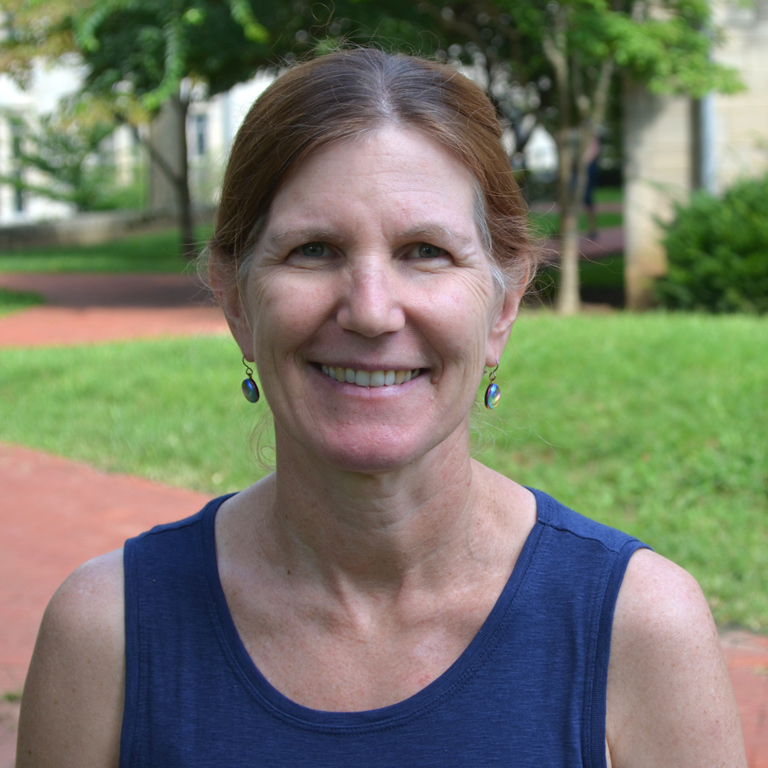I have always had interdisciplinary interests, and I am delighted to be part of IU's Human Biology program. As an undergraduate I struggled to find a major that was a good fit for me – I was intrigued by everything from medieval history to animal behavior! I ended up in a major that combined anthropology, psychology and biology, which eventually led me to pursue a PhD in medical anthropology, exploring both the biological and cultural dimensions of human health (see also my textbook: Medical Anthropology: A biocultural approach 3rd edition Oxford University Press, 2017). I am interested in how biology affects culture, how culturally patterned behavior affects biology, and how these forces interact over time. I make extensive use of an evolutionary perspective in both my research and teaching, which means that I consider how biology and behavior can be considered adaptive. I apply this approach to problems related to health, disease, demography, diet and nutrition, and human social behavior. My main area of current research broadly concerns human diet and nutrition; my earlier work focused on maternal-infant health in the high-altitude Himalaya.



 The College of Arts
The College of Arts